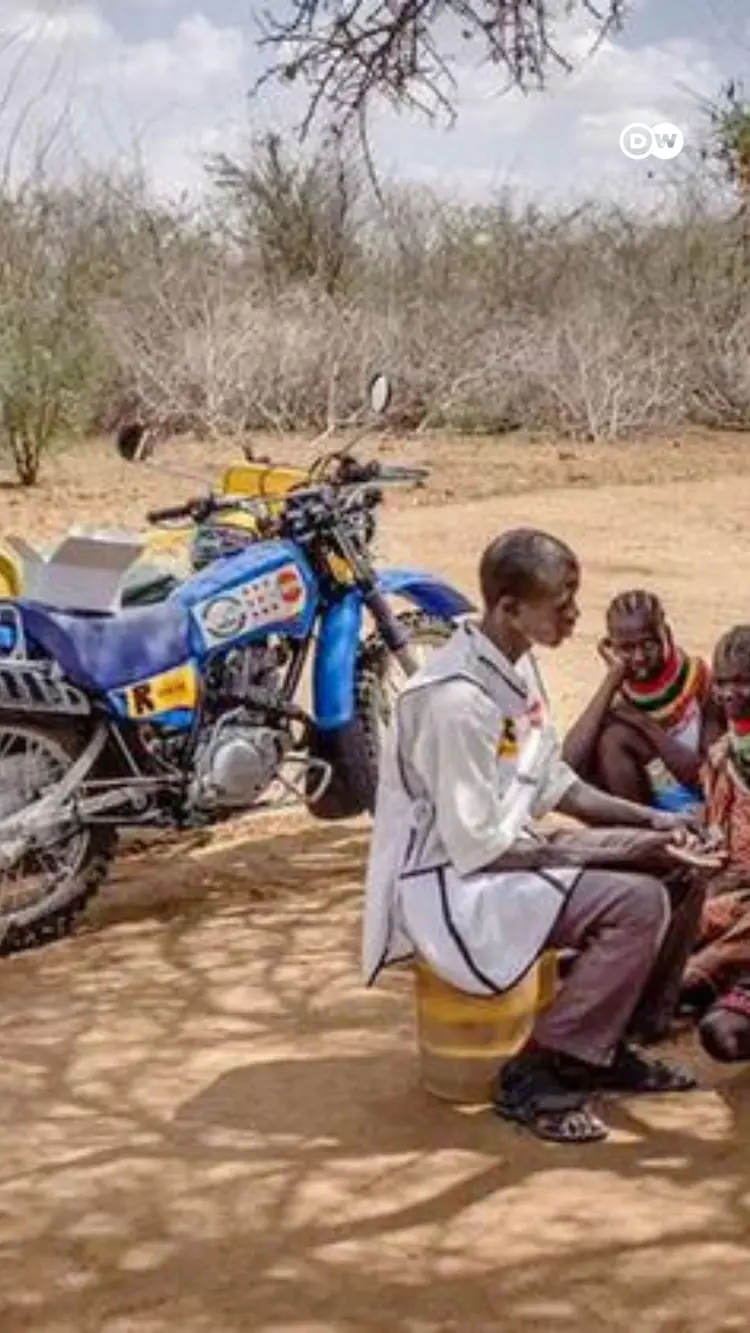22 killed in triple attacks in Pakistan Balochistan and Khyber Pakhtunkhwa
At least 22 people have been killed in three separate attacks across Pakistan’s border provinces of Balochistan and Khyber Pakhtunkhwa, highlighting the country’s worsening security crisis.
The deadliest incident took place in Balochistan’s provincial capital Quetta, where a suspected suicide bomber targeted a political rally of the Balochistan National Party-Mengal (BNP-M).
The blast ripped through a parking lot at the Shahwani Stadium as crowds were leaving the event, killing 11 and injuring dozens more. Hundreds had gathered there to mark the death anniversary of the party’s founder, Sardar Ataullah Mengal.
Elsewhere in Balochistan, an attack near the Iranian border claimed five lives. The province, despite being Pakistan’s largest and most resource-rich, has long been plagued by separatist violence.
Many Baloch claim that its resources are exploited by outsiders, while locals remain among the poorest in the country. As a result, the province consistently ranks at the bottom of national human development indicators.
Although separatist groups have carried out attacks in the past, no faction has claimed responsibility for the latest bombings.
In Khyber Pakhtunkhwa, six soldiers were killed when fighters linked to the Pakistani Taliban stormed the headquarters of the Federal Constabulary.
The brazen assault underscored the reach of militant groups in Pakistan’s northwest, which borders Afghanistan and remains a hotbed of insurgent activity.
Pakistan has seen a sharp escalation in violence in recent years, with 2024 recorded as the deadliest year in nearly a decade.
According to Reuters, 2,526 people were killed in militant attacks last year, including nearly 700 security personnel, over 900 civilians, and around 900 armed fighters.
The spate of violence has raised fresh concerns over Pakistan’s ability to rein in insurgents and stabilise its restive border regions.









